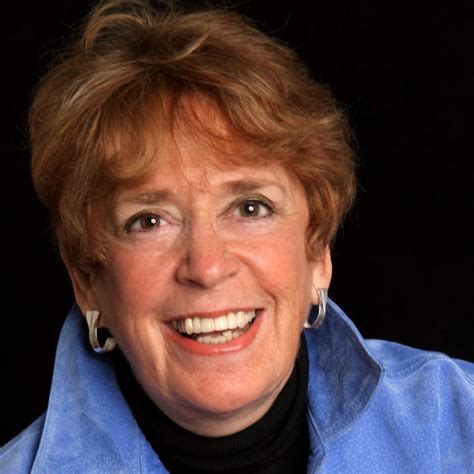A Quote by William Wharton
He's convinced most human adults do not know how to play anymore and that playing is one of the best ways to think. Franky finds children, by far, much more pleasant and intelligent than most adults, but they are easily ruined by their families, schools, and society. He says one of the ways they are ruined is by being forced to think of all the tasks that need to be done as work, not as play. It takes the joy out of living.
Related Quotes
Although adults have a role to play in teaching social skills to children, it is often best that they play it unobtrusively. In particular, adults must guard against embarrassing unskilled children by correcting them too publicly and against labeling children as shy in ways that may lead the children to see themselves in just that way.
Working with children is very different than the way in which I work with adults. I never tell the children the actual truth of the thing that I want them to act. Although children are really into play and play acting, and this is a major part of their existence, they never actually find the playing or acting of adults credible.
Children are often envied for their supposed imaginations, but the truth is that adults imagine things far more than children do. Most adults wander the world deliberately blind, living only inside their heads, in their fantasies, in their memories and worries, oblivious to the present, only aware of the past or future.
Adults follow paths. Children explore. Adults are content to walk the same way, hundreds of times, or thousands; perhaps it never occurs to adults to step off the paths, to creep beneath rhododendrons, to find the spaces between fences. I was a child, which meant that I knew a dozen different ways of getting out of our property and into the lane, ways that would not involve walking down our drive.
I'm always happiest trying new instruments - and honestly enjoy playing, say, the glockenspiel with Radiohead as much as I do the guitar. I think regular touring has forced me to play the guitar more than anything else, which is why I'm probably most confident playing that. And whist I'd be lost if I couldn't play it too, I dislike the totemic worship of the thing... magazines, collectors, and so on. I enjoy struggling with instruments I can't really play.
Look at children. Of course they may quarrel, but generally speaking they do not harbor ill feelings as much or as long as adults do. Most adults have the advantage of education over children, but what is the use of an education if they show a big smile while hiding negative feelings deep inside? Children don?t usually act in such a manner. If they feel angry with someone, they express it, and then it is finished. They can still play with that person the following day.
Although we like to think of young children's lives as free of troubles, they are in fact filled with disappointment and frustration. Children wish for so much, but can arrange so little of their own lives, which are so often dominated by adults without sympathy for the children's priorities. That is why children have a much greater need for daydreams than adults do. And because their lives have been relatively limited they have a greater need for material from which to form daydreams.
As adults, we must ask more of our children than they know how to ask of themselves. What can we do to foster their open-hearted hopefulness, engage their need to collaborate, be an incentive to utilize their natural competency and compassion...show them ways they can connect, reach out, weave themselves into the web of relationships that is called community.
I think the single most important question is how do you maximize the number of children who grow up in stable two-parent households. We know in all kinds of ways it makes a huge difference to how kids come out and we are hardening into a caste society where some kids do better in all kinds of ways because they have two parents and others don't.


































